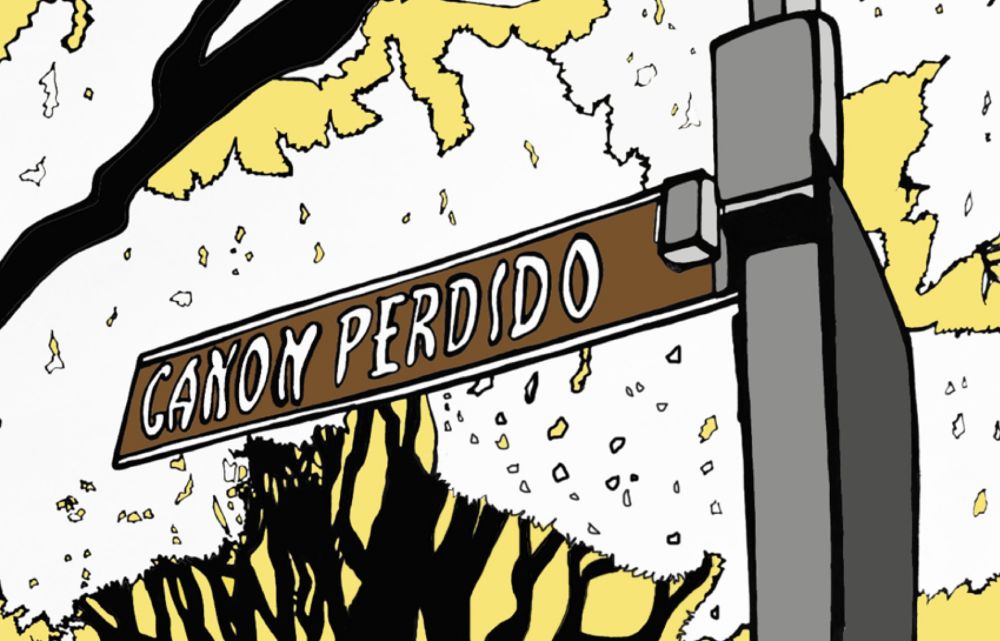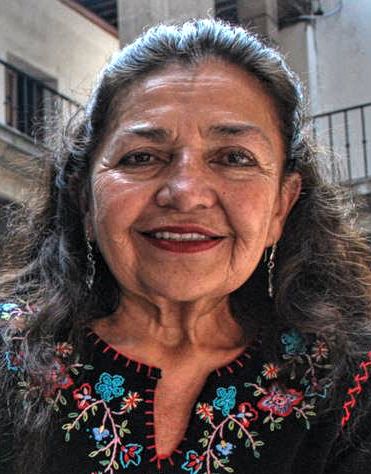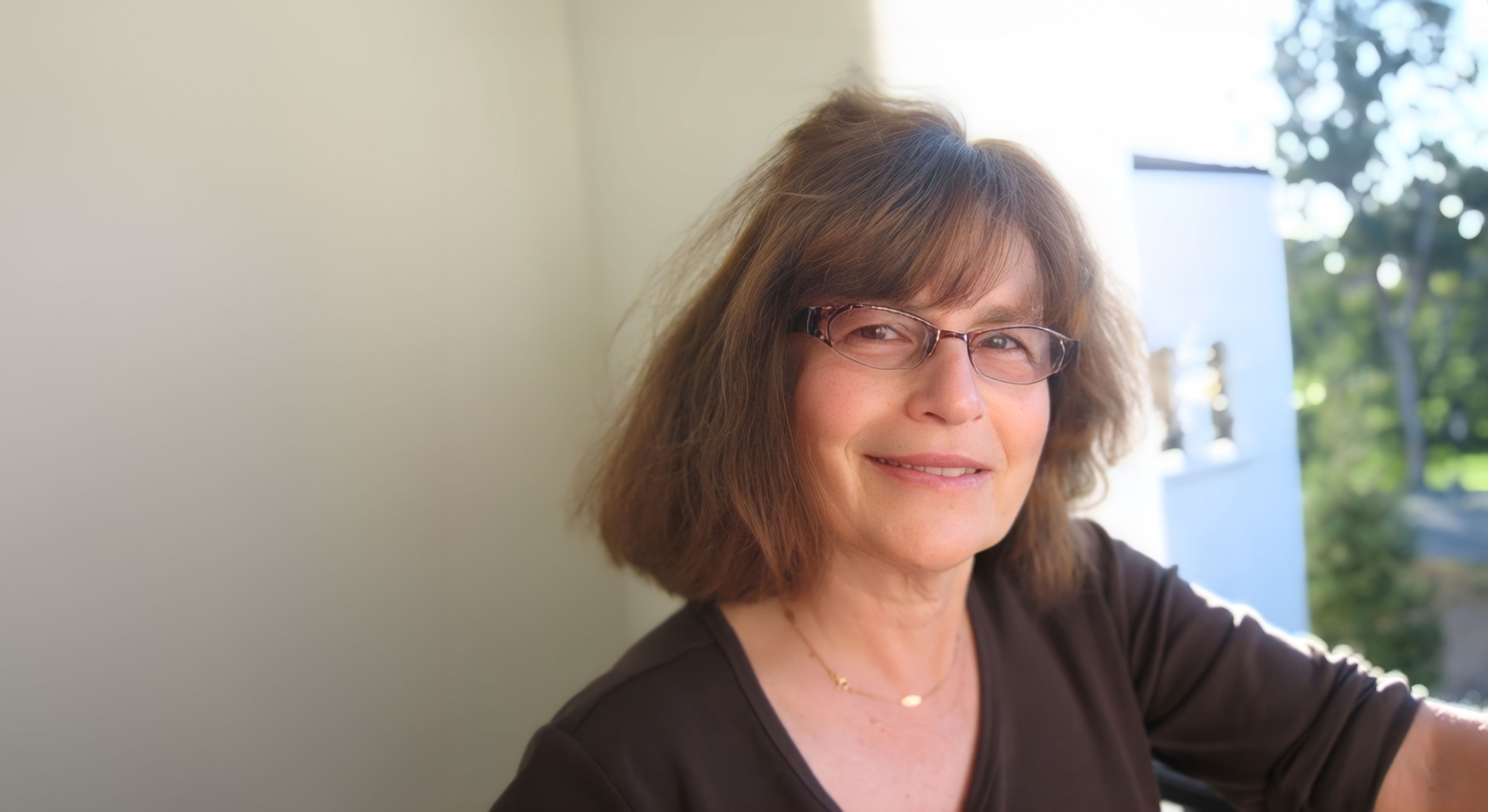
Lost and Found

You might say there was something lost in translation when Santa Barbara named a street Canon Perdido. It should have been Cañon Perdido, after a cannon that disappeared on the beach in 1848. Without that Spanish enye Canon Perdido means something entirely different.
That twist of meaning is the theme of “Canon Perdido: XX Colloquium on Mexican Literature,” a three-day conference presented by the Department of Spanish and Portuguese at UC Santa Barbara. “We are playing with literary canon that is lost,” explained Sara Poot-Herrera, a professor in the department.
The 20th colloquium, which is free and open to the public, will feature more than 50 presentations in 10 sessions with scholars from around the world. It opens at 5 p.m. Thursday, Nov. 10, in UCSB’s MultiCultural Center Theater. The first session, from 5:15 to 6:45 p.m., is “Entre Freud y la Revolución Mexicana” (Between Freud and the Mexican Revolution). Vittoria Borsò of Heinrich Heine Universität Düsseldorf in Germany will give the first presentation, “Los que triunfan al fracasar: El ‘otro’ canon de la imagi/nación” (Those who succeed by failing: The ‘other’ canon of the imagi/nation).
Day 2 of the colloquium opens 9 a.m. Friday, Nov. 11, at Centennial House at UCSB. Amy E. Wright of Saint Louis University will deliver the first presentation, “Repetición y metaficción en Don Catarino y su apreciable familia (1921-23), primera historieta nacional” (Repetition and metafiction in Don Catarino and his esteemed family (1921-23), first national cartoon).
Day 3, opening at 9 a.m. Saturday, Nov. 12, moves to Casa de la Guerra in downtown Santa Barbara. The change in venues is a tradition of the colloquium, said Poot-Herrera, who is also director of UCSB’s UC-Mexicanistas, an intercampus research program. Holding the colloquium at the 19th-century adobe, she explained, is intended to make it more accessible to the community. Iliana Alcántar of Reed College in Oregon will give the opening presentation, “Cervantes y Luiselli: de autores apócrifos, el arte como mercancía y el pronunciamiento social” (Cervantes and Luiselli: apocryphal authors, art as a commodity and the social statement).
The colloquium will also mark the 365th birthday of Sor (Sister) Juana Inés de la Cruz, a scholar and one of the leading writers of the Spanish Golden Age. Born near Mexico City in 1651, she was an astonishing prodigy who learned to read and write Latin by the time she was 3 years old. She would later become a nun, saying she wanted the freedom to study.
Poot-Herrera, who was recently one of six women honored with a gold medal at the Mayan Culture International Festival, will be among the presenters at Saturday’s 3:45-5 p.m. session devoted to Sor Juana. She will speak on “ ‘No tener qué perder me sirve de sosiego’: Sor Juana” (Having nothing to lose brings me peace of mind).
Among the conference’s many sponsors are UCSB’s Center for Research on Women and Social Justice/ Hull Chair; Chicano Studies Institute; Comparative Literature; Department of Chicana and Chicano Studies; Department of Film and Media Studies; Department of Spanish and Portuguese; Division of Humanities and Fine Arts; Feria Internacional de la Lectura Yucatán (FILEY); Graduate Division; Chancellor Henry T. Yang; Interdisciplinary Humanities Center; Latin American and Iberian Studies; Luis Leal Endowed Chair; Office of the Associate Vice Chancellor for Diversity, Equity and Academic Policy; Office of Equal Opportunity & Sexual Harassment; Secretaría de la Cultura y las Artes (SEDECULTA); the Interpreting Office of Marisa del Río; UC-Mexicanistas; and Universidad del Claustro de Sor Juana.



